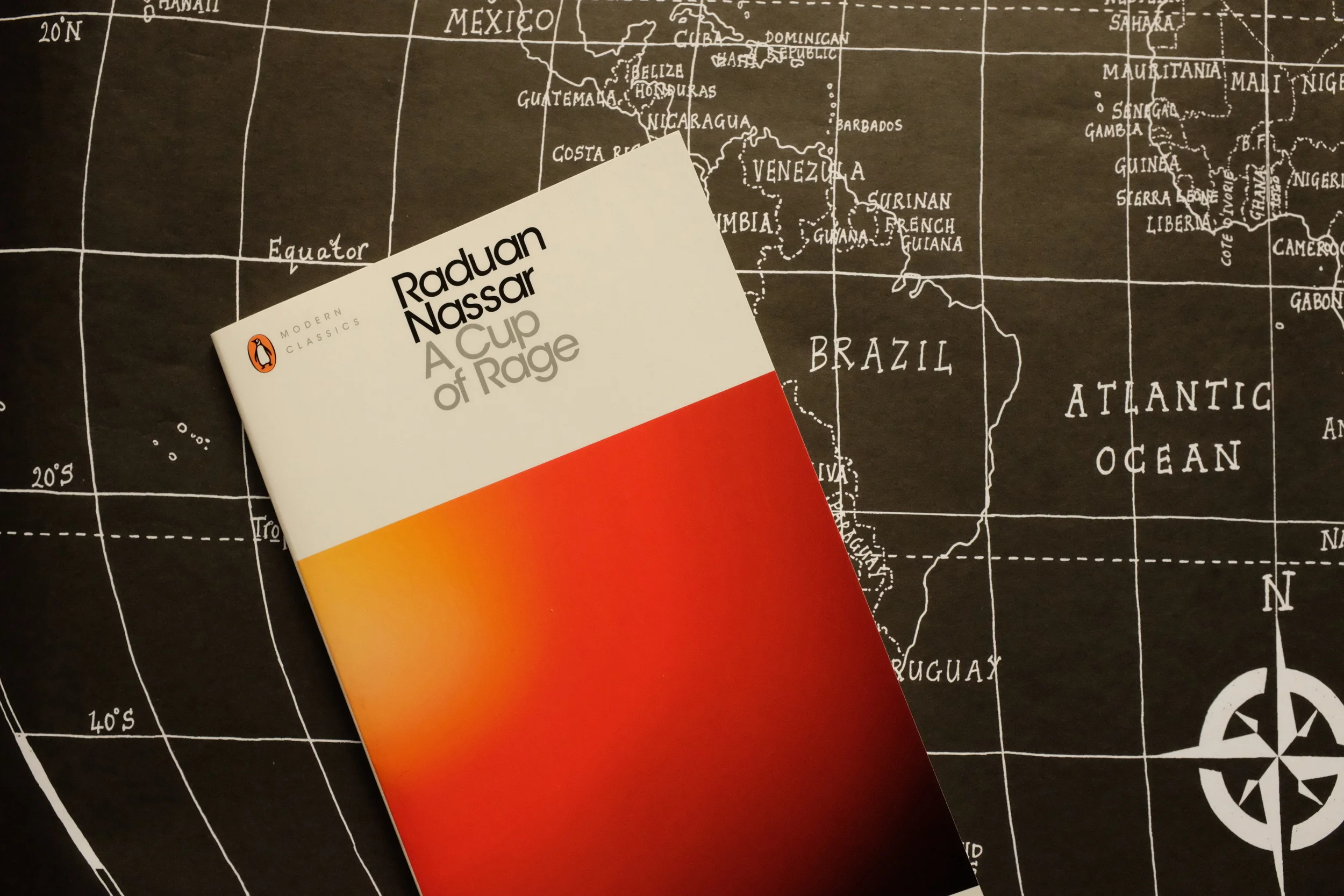And then there are those novelists whose esteem grows with each book they fail to publish. Rumors and expectations mount. When—if—it finally appears, the book will change the way we read and write. Harold Brodkey, one of the most notorious of them all, garnered more celebrity each year, indeed each decade, that he missed deadlines for his long-awaited novel.
Writing to Save a Life: Clarice Lispector
Readers assumed it was a pseudonym. The author, some said, had to be a man. Surely it couldn’t be as simple—as complex—as it seemed: in 1943, the twenty-three-year-old Ukrainian-born Clarice Lispector, daughter of Russian-Jewish émigrés living in exile in Brazil, published a debut novel that generated the kind of literary celebrity that no longer exists. Critics and readers established a new name for this literary wonder: the author became known as nothing less than “Hurricane Clarice.”
“Like Life Itself, Thank God, Many Many Colors”
Turning the Tables on Novelists
The Language of Light and Responsibility: Sebastião Salgado Behind the Camera
The Nobel Prize for Literature has never been awarded to a photographer, but over the past forty years the Brazilian-born Sebastião Salgado has traveled the globe to tell some of the world’s most pressing stories. From drought in the Sudan to genocide in Rwanda, forced migrations across borders, refugee camps in Africa, the burning oil fields in Kuwait to the glorious pristine corners and species of our planet, Salgado has given us iconic images of the past half-century.
What Does It Mean to Act When You Have No Power?
I tend to prefer, perversely, fiction that makes me uncomfortable, novels that force me to question the choices I’ve made, stories that remind me that I am the center—only—of my own tiny universe and that many other universes bump into mine and are influenced by mine, just as mine takes hits from all of theirs. Some of my favorite novels unnerve me. They make me want to take to bed for days. Or to march in the street to overthrow every wrong.
Can Literature Help Us Make Sense of the Presidential Campaign?
Reading Around the World: Brazil
After a Rough Week, Some Words of Comfort
This has been a rough week. A rough month. A rough year. Sometimes we don’t want to talk about it anymore; we just want comfort, wisdom, love so we can get strong enough to talk about it again and again, until we fix what’s gone wrong. But today, just some words from writers we love about how to love, how to listen, how to empathize.
How to Survive the End of Travel
After a long-awaited trip comes the inevitable letdown: the lazy or exciting or action-packed days in a foreign city are finished, the cheap and delicious local food long digested (those whole sardines covered in salt grilled on the street, tar-thick rich coffee, tarts piled high with custard, endless flakey pastries…), the few phrases we’ve perfected in Portuguese (or Italian or Spanish) continue to fade until they are forgotten completely.
How do we make sense of it all? And how do we solidify our experiences so that they don’t fade into barely remembered swathes of color, blurs of beauty, those flashes that make us ask each other: in what city did we taste that unusual sparkling red?
The Best of What's Coming Soon (And A Few Already Here)
The Shocking Surprise of Great Art: José Saramago
Reading Around the World: Lisbon
Searching for Pessoa
One year ago when we decided to devote a website to reading and literature, we turned to the Portuguese poet Fernando Pessoa for guidance and a name.
Over the past week, we’ve been enjoying our morning coffee at the poet’s hangout, Café a Brasileira, and reading his work while we enjoy Lisbon, where he was born in 1888 and died in 1935. Join us in following him and his legacy around the city.
The Importance of the Flesh
Nothing tormented me more as a child Catholic than the idea—the promise—of eternal life after death. What would I do forever?
Jennifer Levasseur finds herself following in Antonio Tabucchi's footsteps, wondering about the resurrection of the body and our responsibility to be active in political discourse.
The Most Beautiful Bookshop in the World
Travel Confessions & The Hunt for a Guide
No Fine Writing: Remembering James Salter
Enchantment in the City of Water
The Readers of Venice
Our first twenty-four hours in Venice have been filled with readers. Even in this city of wonders alive with enchantment, we've found residents riding the vaporetti and lounging in piazzas, losing and finding themselves between the covers.
Join us in spotting readers in one of the world's most romantic cities.





















